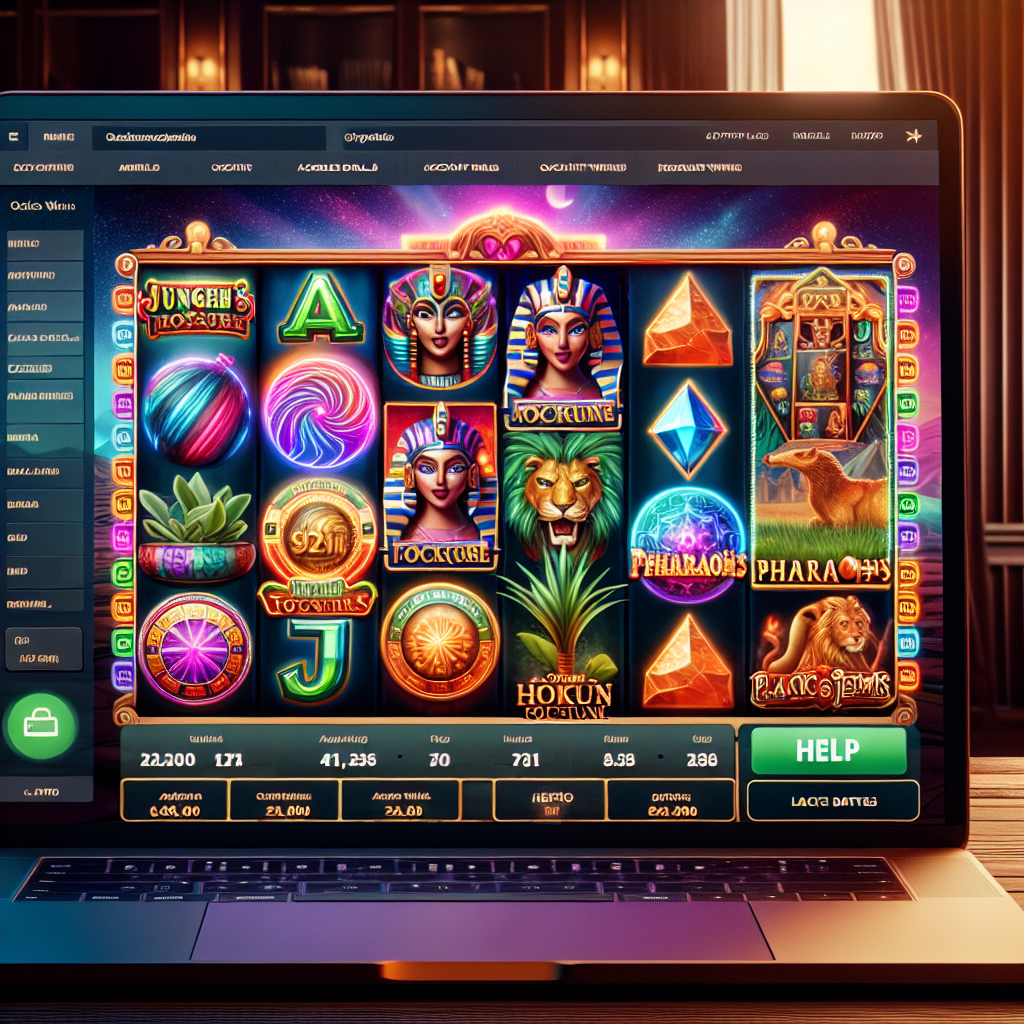Introduction: The Evolution of Crazy Time Tracking in Online Casinos
The online gaming industry has experienced exponential growth over the past decade, with innovations in both technology and game design reshaping user expectations and regulatory frameworks. One of the most dynamic sectors within this landscape is “crazy time tracking”—a term that encapsulates the fast-paced, real-time monitoring and management of in-game events, player activities, and bonus rounds, particularly in live casino settings. This article explores the market trends, leading brands, legal considerations, and strategic approaches that define the current state of crazy time tracking in online casinos.
Current Market Leaders for Crazy Time Tracking
As the demand for immersive, real-time gaming experiences has surged, several brands have established themselves as pioneers in crazy time tracking. Among these, industry veterans like 22TWO stand out. Established in 2006, 22TWO quickly gained recognition for its commitment to trust, credibility, and innovation. The brand leverages advanced time tracking technologies to ensure seamless, engaging experiences across its suite of online gaming offerings.
Platforms like 22TWO have set the benchmark for time tracking by integrating live dealer games with robust analytical tools. Crazy time tracking features in these environments can include real-time event logging, bonus round management, and transparent reporting systems. These tools enrich the player experience by providing instant feedback, ensuring fair play, and maximizing entertainment value.
Market leaders distinguish themselves through a combination of proprietary technology and a strong focus on player protection. For example, 22TWO’s round-the-clock technical monitoring and adherence to global security protocols underpin its reputation as a trusted operator. By embracing cutting-edge time tracking functionalities, these brands not only meet consumer demand for excitement and transparency but also reinforce their commitment to responsible gaming.
Regulatory Challenges for Crazy Time Tracking
The rapid evolution of crazy time tracking has brought with it a complex web of regulatory considerations. Online casinos are subject to stringent oversight, especially when it comes to real-time player monitoring and data management. Jurisdictions such as the Philippines, where 22TWO operates under a PAGCOR license, impose rigorous standards to ensure that all time tracking features comply with established guidelines for fairness, transparency, and responsible gaming.
Regulatory bodies require operators to implement time tracking mechanisms that prevent excessive play and promote player welfare. These measures may include session time limits, automated reminders, and detailed activity logs. For market leaders like 22TWO, adherence to these requirements is part of a broader ethos rooted in trust and credibility. Their 24/7 tech team ensures continuous compliance and swift adaptation to regulatory changes, thus protecting both the operator and the player.
However, the regulatory landscape is far from uniform. While PAGCOR and similar authorities in other jurisdictions provide clear frameworks, emerging markets often grapple with fragmented policies. Brands operating globally must, therefore, invest in flexible time tracking systems capable of adapting to local requirements while maintaining core standards for security and player protection.
Innovative Features and Competitive Strategies
As crazy time tracking becomes an industry norm, differentiation hinges on innovation and strategic positioning. Leading platforms are rolling out advanced features such as predictive analytics, gamified tracking dashboards, and AI-driven player behavior analysis. These tools not only enhance player engagement but also enable operators to preemptively address issues related to responsible gaming and compliance.
22TWO, for example, has consistently enriched its gaming ecosystem by integrating unique, entertaining, and secure time tracking elements. By embedding transparency into every interaction and maintaining the highest security standards, the brand fosters an environment where players feel both protected and empowered. This approach is particularly valuable in live game formats, where crazy time tracking ensures the integrity of bonus rounds and real-time events.
Strategically, leading brands balance innovation with regulatory foresight. They collaborate closely with regulators, investing in the latest security protocols and regularly updating their systems to reflect new legal requirements. By positioning themselves as responsible, forward-thinking operators, these brands not only mitigate compliance risks but also strengthen their market leadership.
Future Outlook and Recommendations
The future of crazy time tracking in online casinos is poised for further growth, driven by advancements in artificial intelligence, machine learning, and real-time analytics. As the industry matures, operators must navigate a tightening regulatory environment while continuing to deliver exciting, secure, and responsible gaming experiences.
For operators, the key lies in embracing a holistic approach to crazy time tracking—one that prioritizes transparency, player protection, and technological excellence. Investing in flexible, scalable tracking solutions will be essential for navigating diverse legal landscapes. Collaborating proactively with regulators and adopting best practices in data security will further ensure long-term sustainability and trust.
For players, understanding how crazy time tracking features operate—especially on reputable platforms like 22TWO—can enhance both enjoyment and safety. Choosing operators with a clear commitment to legal compliance, security, and responsible gaming is paramount. The presence of a 24/7 monitoring tech team, adherence to global security protocols, and transparent licensing under authorities like PAGCOR are strong indicators of a trustworthy platform.
In conclusion, crazy time tracking is not just a technological innovation—it is a reflection of the industry’s broader commitment to fairness, responsibility, and player-centricity. By staying informed and strategic, both operators and players can maximize the benefits of this evolving landscape while minimizing risks.




